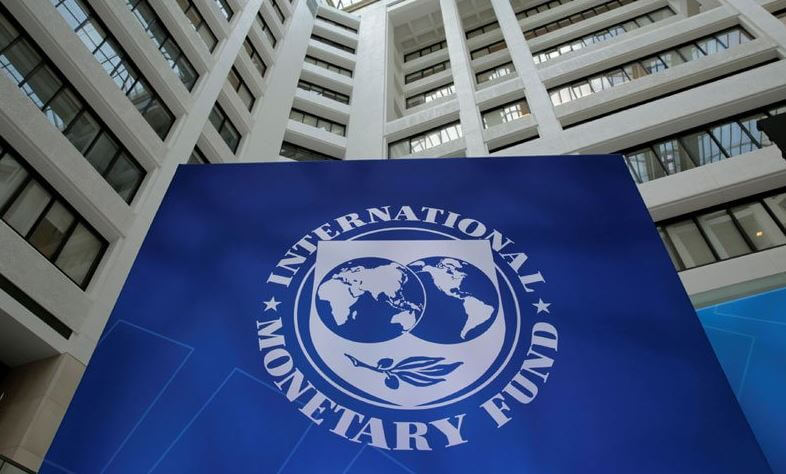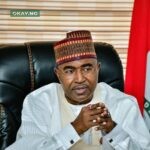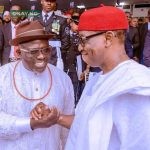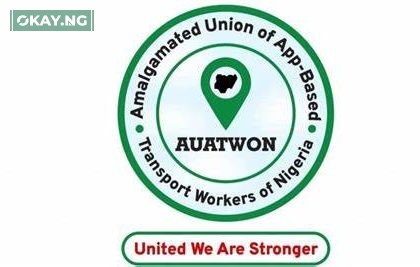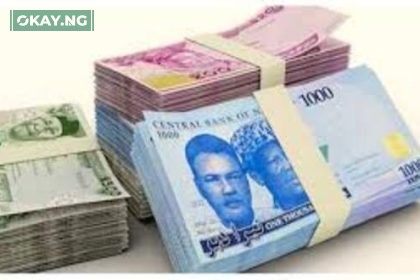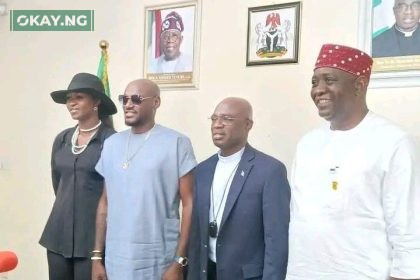Following recent criticisms, the Managing Director of the International Monetary Fund (IMF), Kristalina Georgieva, has reportedly apologized to Nigeria for comments perceived as negative and lacking factual basis regarding the nation’s economic policies. The apology was conveyed on Monday in Washington, D.C., after Senator Jimoh Ibrahim, representing Nigeria at the World Bank Parliament, challenged the IMF’s statements.
Senator Ibrahim voiced his concerns directly to Georgieva, questioning the rationale behind the IMF’s “negative comments that lack supporting data” about the Nigerian economy. This assertive stance came after the IMF raised concerns during meetings with Nigerian lawmakers about the impact of the government’s reforms on the country’s most vulnerable citizens.
“Madam IMF, in recent weeks, the IMF has criticised the Nigerian reform programmes with negative comments that lack supporting data,” Senator Ibrahim stated, as reported. He further inquired, “Do you believe this is fair? Suppose we are to look inward to build a strong economy, as you suggested in your paper. Is it appropriate for the IMF to make untruthful comments about the domestic economy? Is the IMF the entity managing the economy?”
The senator passionately argued that such “misleading statements” from a prominent international body could be detrimental to Nigeria’s economic stability and potentially undermine investor confidence. Instead, he urged the global community to acknowledge and support the “positive economic initiatives” spearheaded by President Bola Ahmed Tinubu since assuming office in 2023. These initiatives, according to Senator Ibrahim, include efforts in tariff regulation, improving the revenue-to-GDP ratio, enhancing cash flow management, and diligently pursuing debt repayment.
Highlighting the broader implications, Senator Ibrahim asserted that President Tinubu’s achievements should be viewed as a “success for all of Africa” and thus warrant global support and recognition.
In response to Senator Ibrahim’s pointed remarks, the IMF Director reportedly stated, “We shall be mindful of our comments on Nigeria from now on. We are your IMF; we are sorry again.” Senator Ibrahim acknowledged Georgieva’s directness and accepted the apology on behalf of Nigeria.
This exchange underscores the delicate balance between international financial institutions offering guidance and sovereign nations implementing their own economic strategies. It also brings to the forefront the crucial need for accurate and data-driven assessments in such sensitive discussions.
Read Also: IMF Sounds Alarm on Nigeria’s Inflation: Projects 26.5% Average for 2025
It is worth noting that the IMF has recently emphasized the importance of incorporating measures to protect Nigeria’s poorest citizens within the government’s efforts to stabilize the economy and foster growth. The institution has specifically called for an acceleration of the cash transfer program aimed at supporting vulnerable households.
Julie Kozack, Director of the IMF’s Communications Department, reiterated this stance, stating, “We do recognise the extremely difficult situation that many Nigerians face. For that reason, I just want to emphasise that completing the rollout of cash transfers to vulnerable households is an important priority for Nigeria, as is improving revenue mobilisation domestically.”
Kozack also confirmed that the IMF’s First Deputy Managing Director had engaged in discussions with key Nigerian officials, including Finance Minister Wale Edun and Central Bank Governor Yemi Cardoso, in March. These high-level meetings likely involved deliberations on the ongoing economic reforms and the social safety nets required to mitigate potential adverse effects on the most vulnerable populations.
The IMF’s previous recommendations, including the expansion of the cash transfer program to rural areas due to increasing poverty and food insecurity, align with the World Bank’s assessment. The World Bank has consistently emphasized the critical role of cash transfer programs in helping Nigerians escape poverty, particularly in the face of rising inflation and sluggish economic growth that disproportionately impact the poorest segments of society.
This recent apology from the IMF Director signifies a potentially important shift in the dialogue between the international financial body and Nigeria. It highlights the significance of open communication, accurate data, and mutual respect in fostering a collaborative approach to economic development. As Nigeria continues its reform journey, the focus will undoubtedly remain on ensuring that economic progress translates into tangible improvements in the lives of all its citizens, especially the most vulnerable.


